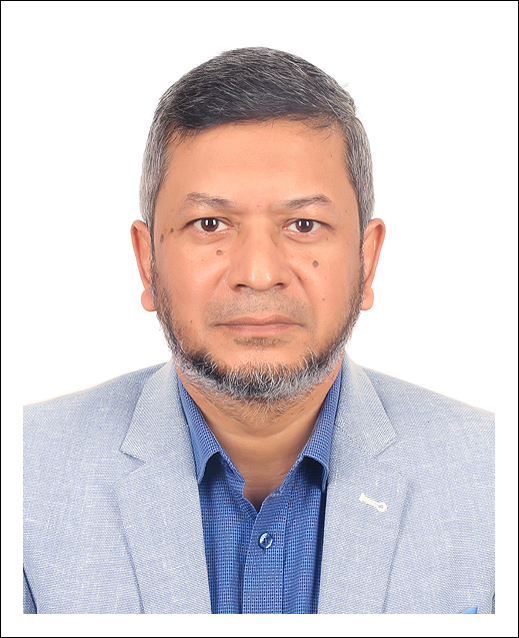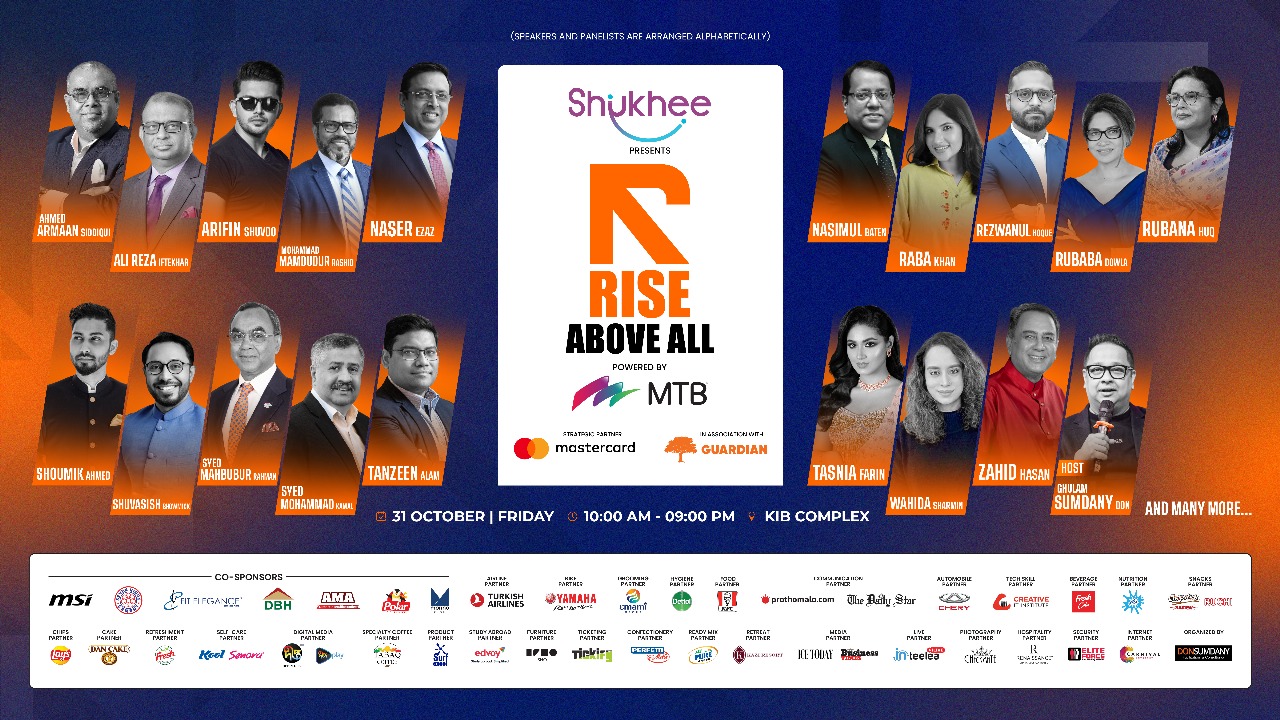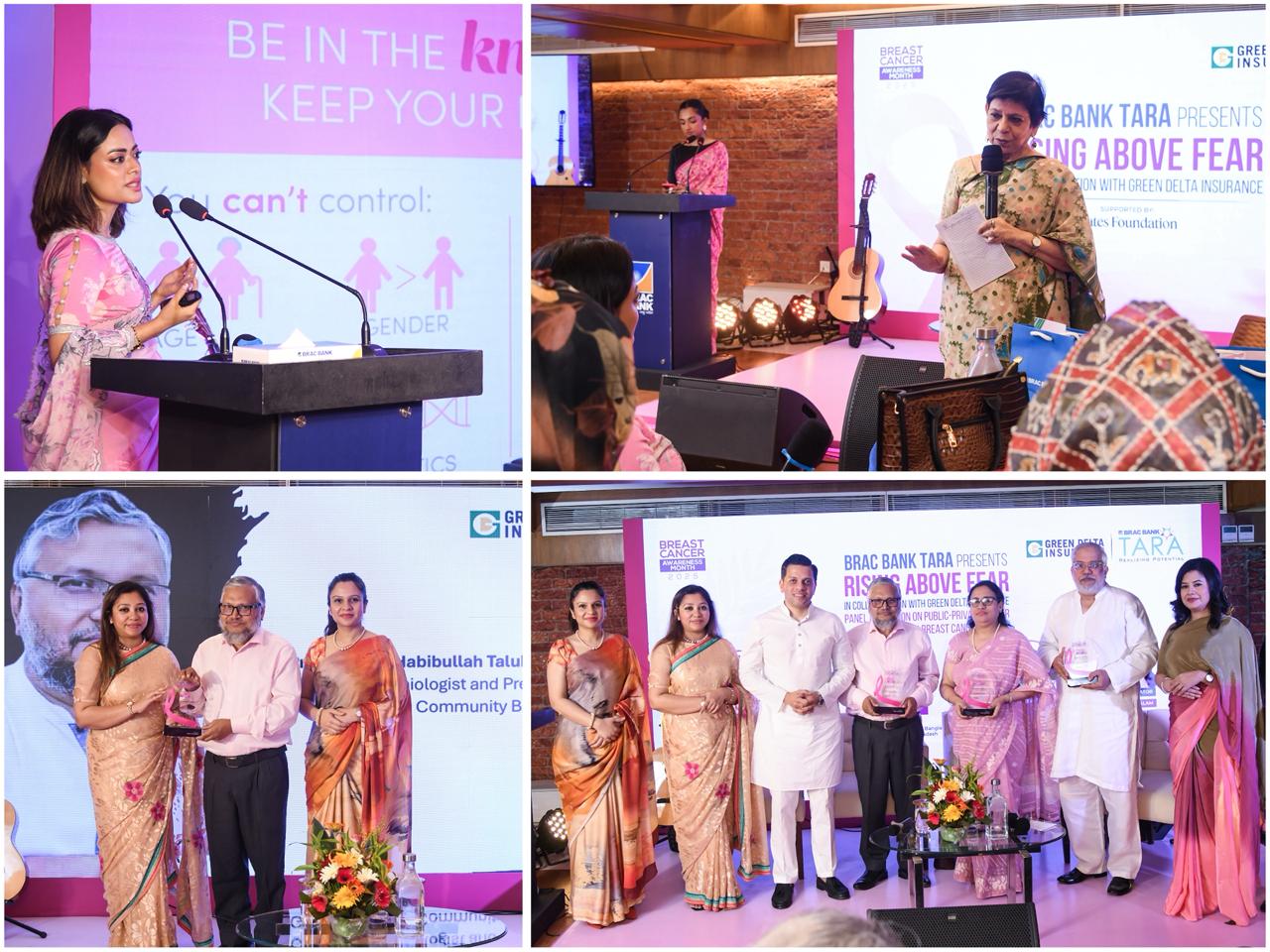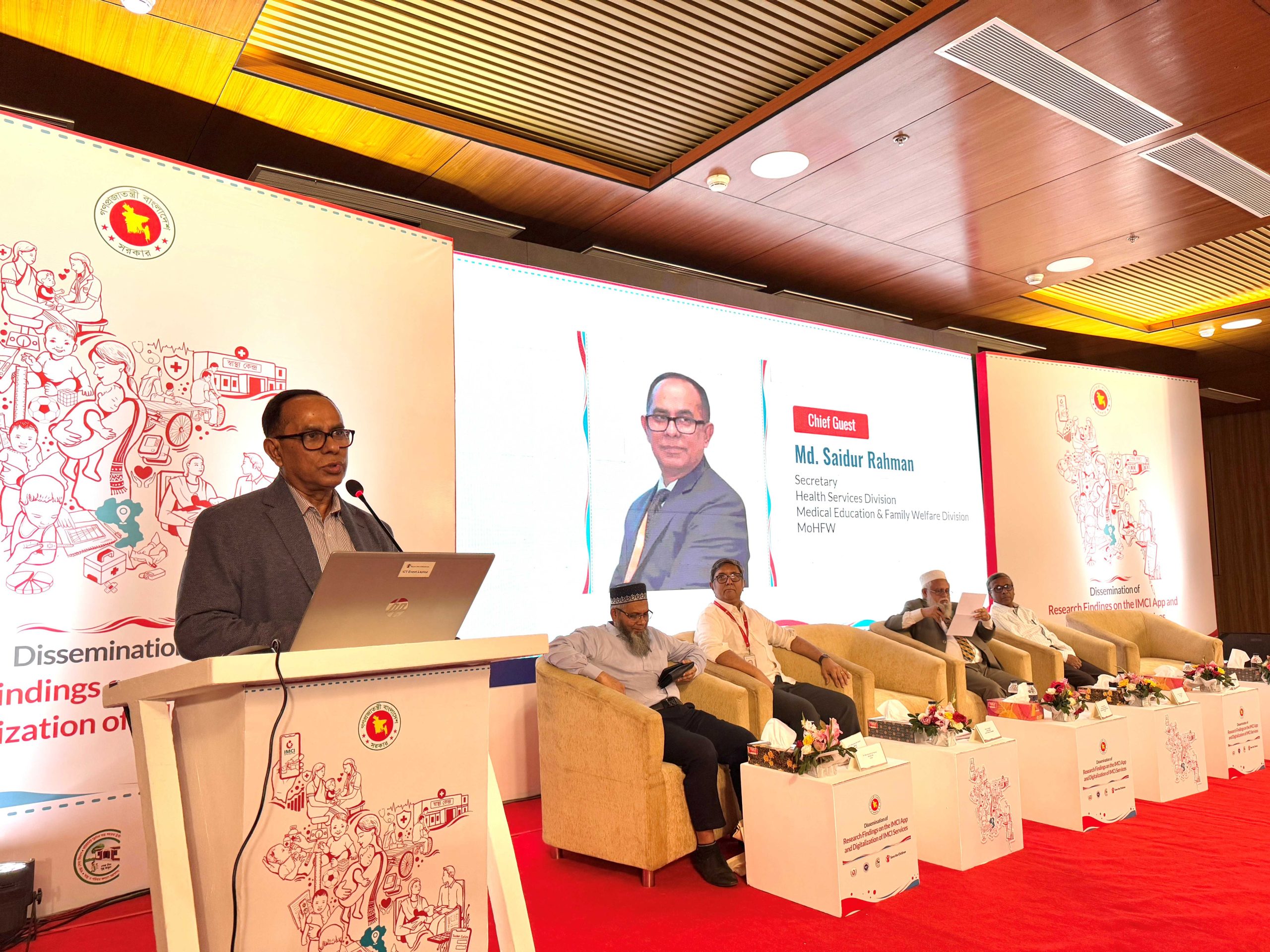Since its inception, Grameen Telecom Trust (GTT) has been on a full-fledged mission to enact and enable the many social business ideas to assist in the overcoming of poverty and help bring forth economic sustainability for all those involved. Jayanta Kumer Bosu, Team Leader of Social Business & Support, Abu Mohammed Munayeem, Manager of Communication & Social Business and Nudrat Faria Shreya, Deputy Manager of Social Business & Communications share with IBT about their ideologies and achievements.
Expand upon the inception and essence of GTT.
GTT was founded in 2010 by Nobel Peace Laureate Professor Muhammad Yunus under his chairmanship as the flagship entity of Social Business to be run in supervision of Ms Parveen Mahmud, FCA as the Managing Director. The seven principles of Social Business include notion to overcome social problems while being financially and economically sustainable along with being environmentally conscious and gender sensitive. In addition, it is to be noted that the workforce must be fairly waged. We also keep in mind that all of this has to be done with joy!
We mainly operate on the basis of various projects that work both with other development organizations and with individuals in order to create a prototype that not only is completely sustainable but can also be replicated around the world. It operates in order to fulfil social needs rather than profit maximizing motive and is in a sense the opposite of capitalism.
How does GTT operate?
GTT has three manners of functioning, these include Nobin Udyokta (New Entrepreneur) Program, which is one of the leading programs undertaken by GTT; secondly Social Business Learning and Innovation Fund (SBLIF) which includes the social business projects that GTT is directly engaged in the management and administration and the third program includes investments in other Grameen companies which are projects that GTT has invested in and do not directly administer and manage. The investors of the social business projects such as GTT or the other partners get back the exact amount of money that they have invested, which if they choose can invest again in this or another project, thus creating a loop of sustenance. The community involved obviously gets everything that they are owed through participating in these projects in the form of training and mentoring, employment opportunities, competitive wages etc. It is to be stressed upon that social business by no means extract profit out of the business, rather the profit is re-invested in the incumbent business or used for a new social business. For SBLIF projects, both GTT and development partners pursue social business; however for the Nobin Udyokta Program, it is a social business for the investing company, i.e., GTT but a conventional business for the Nobin Udyokta.
Tell us about some of your projects.
We have numerous projects under the two main wings of programs undertaken by GTT. The highlighted program of Professor Muhammad Yunus that we believe is one of the most important and innovative is Nobin Udyokta Program. The program works with second generation of Grameen Bank borrowers in order to help them create their own jobs, thus turning unemployment into entrepreneurship. We do this by training them in basic functions of business operation like how to keep track of finances and so on. We also make sure that they are on track by getting them to send us an SMS every day of their opening cash at hand and at bank, purchase, sales and closing balances. This helps us monitor their progress and groom their growth.
Another notable wing-SBLIF consists of social business projects like Aroni Mustard Oil Social Business, in conjunction with ESDO which focuses on producing and supplying mustard seed oil throughout the country employing the marginalized indigenous community. This project has been very successful and is paying off quite well. So are some other projects such as Ashika Mushroom Seed and Spawn Social Business with ASHIKA Manabik Unyayan Kendro, Dairy Foods Social Business producing premium quality sweets, dairy products and ghee with LUSTRE. We currently have eight such projects with two more in the works, including biomass electricity and fly-ash brick; handicraft social business involving rehabilitated women who were victims of smuggling and human-trafficking.
Some of our investments include Grameen Danone which produces Shokti Doi, which aims to help decrease malnutrition in children, Grameen Poshra which aims to provide market access and deliver to the masses handicrafts which have been made by the women of the rural areas.
How do these projects help capture the meaning of Social Business?
As we have said before, all these projects follow the seven principles of social business. Each of these projects has helped the community through its works in all kinds of ways. Ashika Mushroom for example aims to make the people of the Chittagong Hill Tracts obtain a sustainable medium to generate income. Aroni Social Business has employed indigenous farmers to cultivate mustard seeds and makes sure that they get the absolute price they deserve down to the cent. Every single one of our projects has an aim to help relieve poverty from the country.
How do you plan on expanding your operations?
Right now we have three more projects in the works and will be implemented in the very near future. Other than that we have a plan to create something that we have termed as “Social Business Village”. People living in these villages have become successful through Social Business and have the capacity to reinvest their money in new social businesses within their own village. Thus we plan on creating an economic ecosystem that strives on Social Business. We have already started in a village in Gaibandha, which is by the way the first social business village in the world. We are now piloting how that system works. On the basis of this, we will expand in the future and hopefully create an entire network of self-sustaining villages that can solve problems on their own.
So how would you tackle the negative connotations against Social Business?
We believe in letting our work speak for itself, and it truly does. In the last five years we have created 229 Nobin Udyokta-20 of whom are female, we have the SDRS handicrafts which were so successful in their initial work of just creating Omani Caps which we would export that we scaled up to handicrafts, and now SDRS has further opened up another initiative SDRS Solar Social Business producing LED bulbs and lights, Aroni Social Business whose products will be hitting Dhaka market shelves soon and so on.
We do what we do with passion and joy and we truly believe that we can help build up social businesses in such a way that the people we are helping today will be the ones helping others in the future. This work is rewarding and we do what we do with joy.















